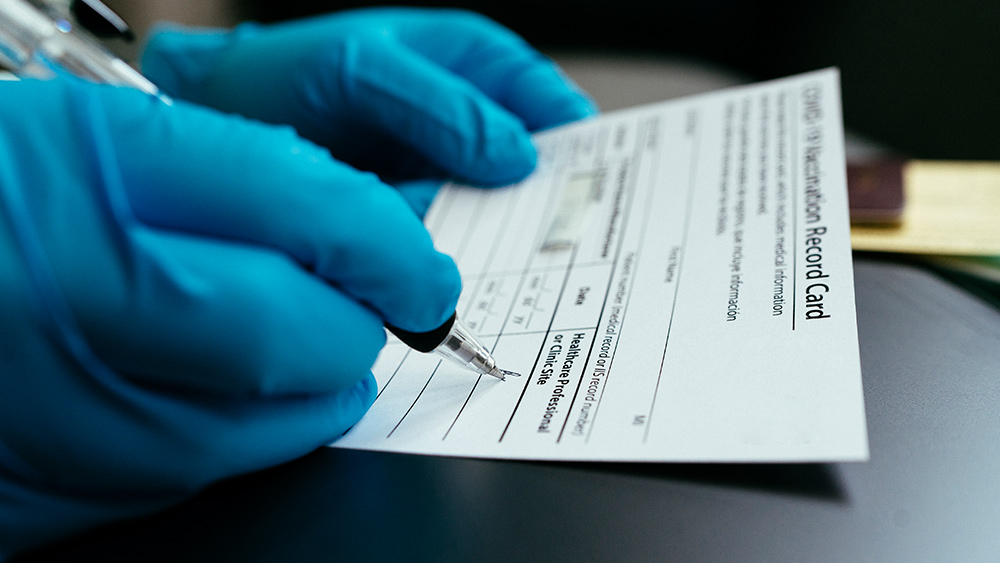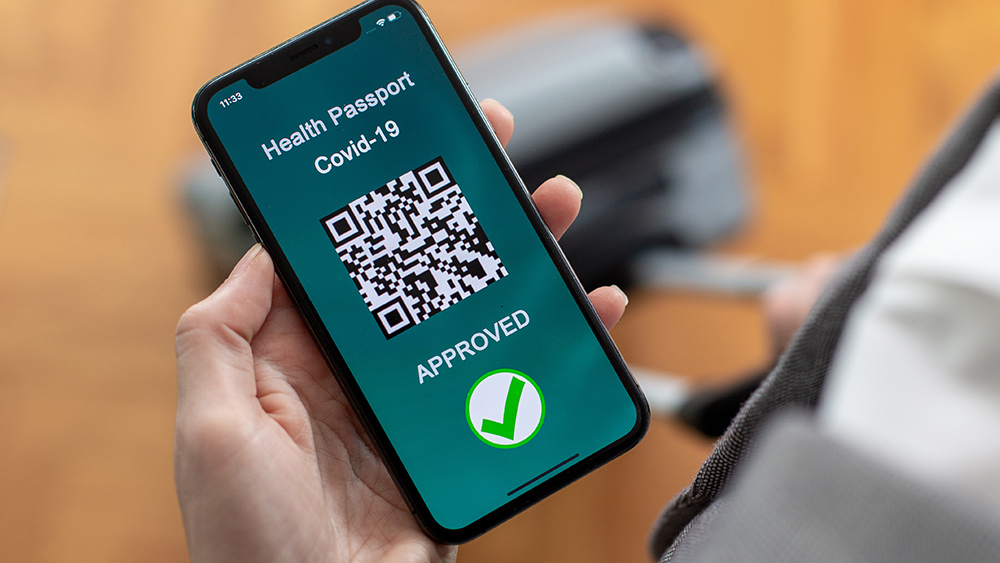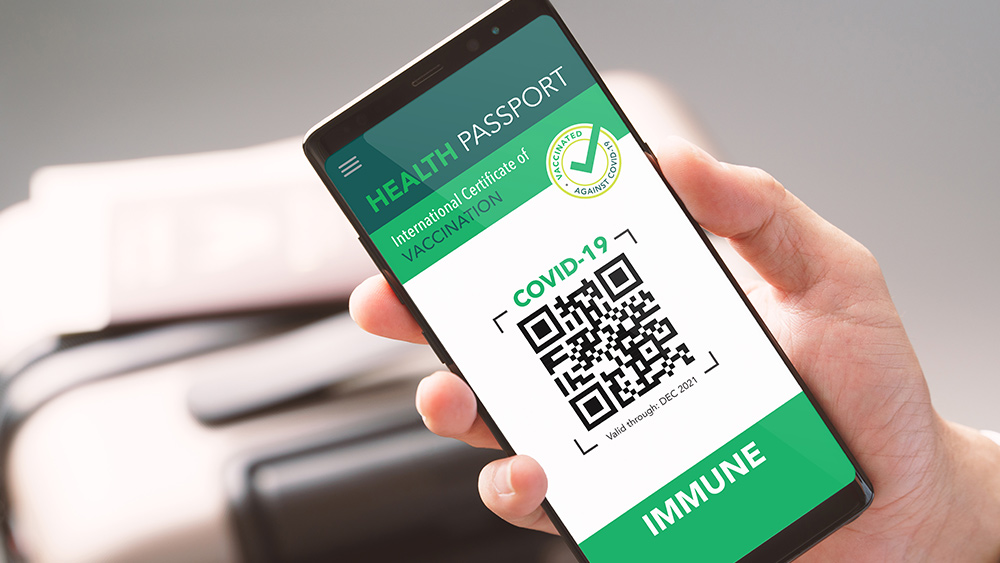San Diego County caught sharing home addresses, personal information of coronavirus “cases” with law enforcement
01/26/2021 / By Ethan Huff

After refusing to release data to the general public that some say could have helped to stem the tide of Wuhan coronavirus (COVID-19) “cases,” San Diego County was caught secretly sharing the home addresses and other private information of said “cases” with local law enforcement.
For the past nine months, reports indicate, public health officials in San Diego have been handing over lists upon lists of personal data for all area residents who tested “positive” for Chinese germs. Back in April 2020, Theresa Adams, a sheriff’s commander, said she asked the county’s emergency operations center for permission to distribute them “for the safety of first responders.”
Adams gained the clearance she needed from Public Health Officer Wilma Wooten, who gave out the properties but not the names of positive cases. At the time, there were roughly 800 known cases of the Chinese virus, and law enforcement officials were debating what kind of “enforcement posture” they were going to take against them in response to the “state of emergency” and other shifting “rules.”
Emails obtained by Voice of San Diego reveal Adams noting that “it is not a common practice for others to dictate tactics to law enforcement agencies, so this is a [conversation] that each of [you] must have within your own agencies.” Just a few days later, Adams shared a series of training bulletins with police and military personnel across the country, including both the FBI and the Navy, as well as several school districts.
According to Lt. Ricardo Lopez, a sheriff’s spokesman, San Diego County was distributing the home addresses of known WuFlu “patients” with dispatch centers as “a universal precaution” to protect police officers.
Coronavirus was used as an excuse to invade people’s privacy
The Department of Health and Human Services (HHS) set a precedent for this early on during the “pandemic” when its Office of Civil Rights announced that distributing the home addresses of “cases” to emergency personnel, without the authorization of individual patients, was permitted.
At the same time, the HHS urged agencies to make “reasonable efforts” to limit how far this information spread. Law enforcement agencies were not to post the home addresses of patients online, for instance, and private information should only be made available to emergency responders “on a per-call basis.”
“This information sharing is legally authorized, for a specific public safety purpose, and is to a limited group of trained emergency personnel,” says Michael Workman, the county’s communications director.
The Sheriff’s Department did not specifically call on other police agencies to do anything specific at the start of the plandemic, though it did in its training bulletins direct those departments to relevant citations, should they have decided to enforce the public health “rules.”
People living in the area who were diagnosed with the Chinese infection were told to remain isolated. If they were in contact with others, these “patients” were also told to comply with the county’s quarantine orders.
The Sheriff’s Department chose to apply an “education” approach first. If these failed, misdemeanor offenses are included in California state law that, at an officer’s discretion, could be used to coerce members of the public into complying.
“The reason we were getting this information was not for the purpose of tracking individuals,” stated Chula Vista police captain Phil Collum. “Quite the contrary.”
Early on during the plandemic, first responders often went to people’s homes, as did “contact tracers.”
“It allowed us to evaluate if we had first responders who’d been exposed to COVID [and] to keep public safety staff safe and other members of the public safe to prevent them from getting infected in turn.”
The latest news about the Wuhan coronavirus (COVID-19) can be found at Pandemic.news.
Sources for this article include:
Tagged Under: cases, Chinese germs, coronavirus, covid-19, home addresses, positives, privacy, San Diego County, surveillance, virus, Wuhan coronavirus
RECENT NEWS & ARTICLES
COPYRIGHT © 2017 SURVEILLANCE NEWS




















